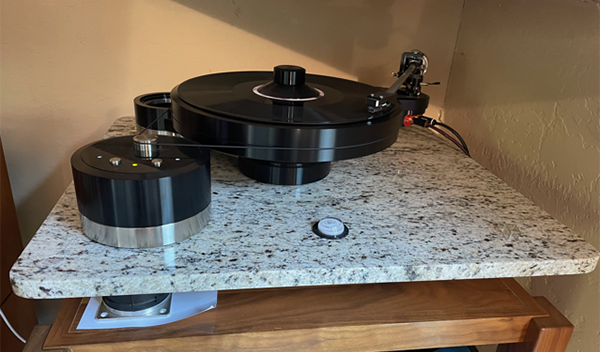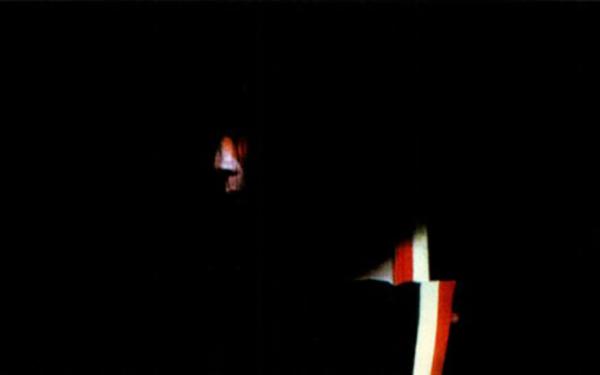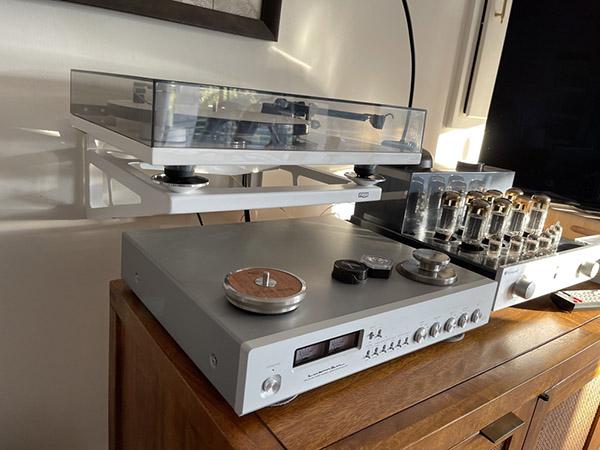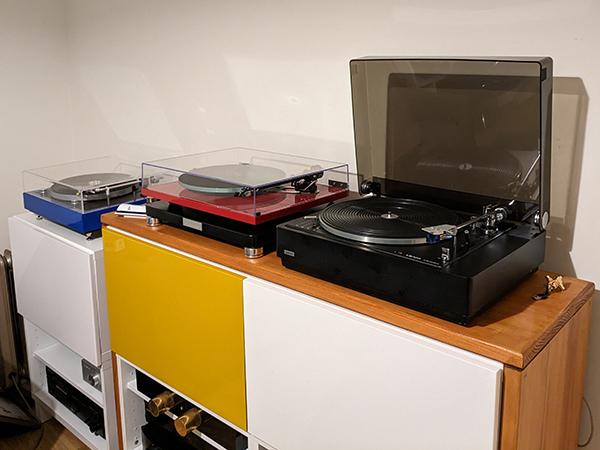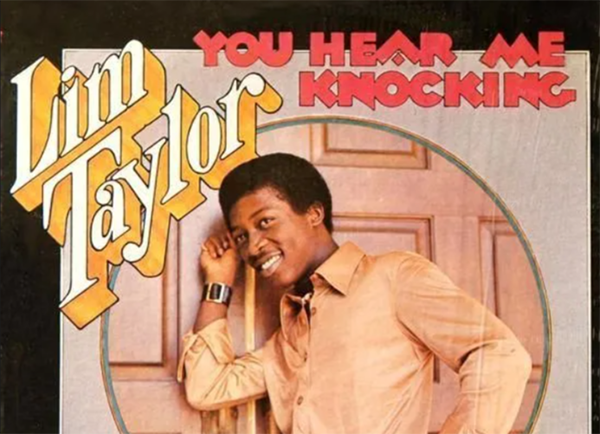Features
Sort By: Post Date TitlePublish Date
|
Apr 01, 2024
|
Feb 07, 2024
|
Jan 03, 2024
|
Dec 30, 2023
|
Dec 12, 2023
|
Nov 01, 2023
|
Oct 12, 2023
|
Jan 12, 2023
|
Dec 01, 2022
|
Jun 15, 2022
|
Jun 01, 2022
|
May 31, 2022
|
May 16, 2022

